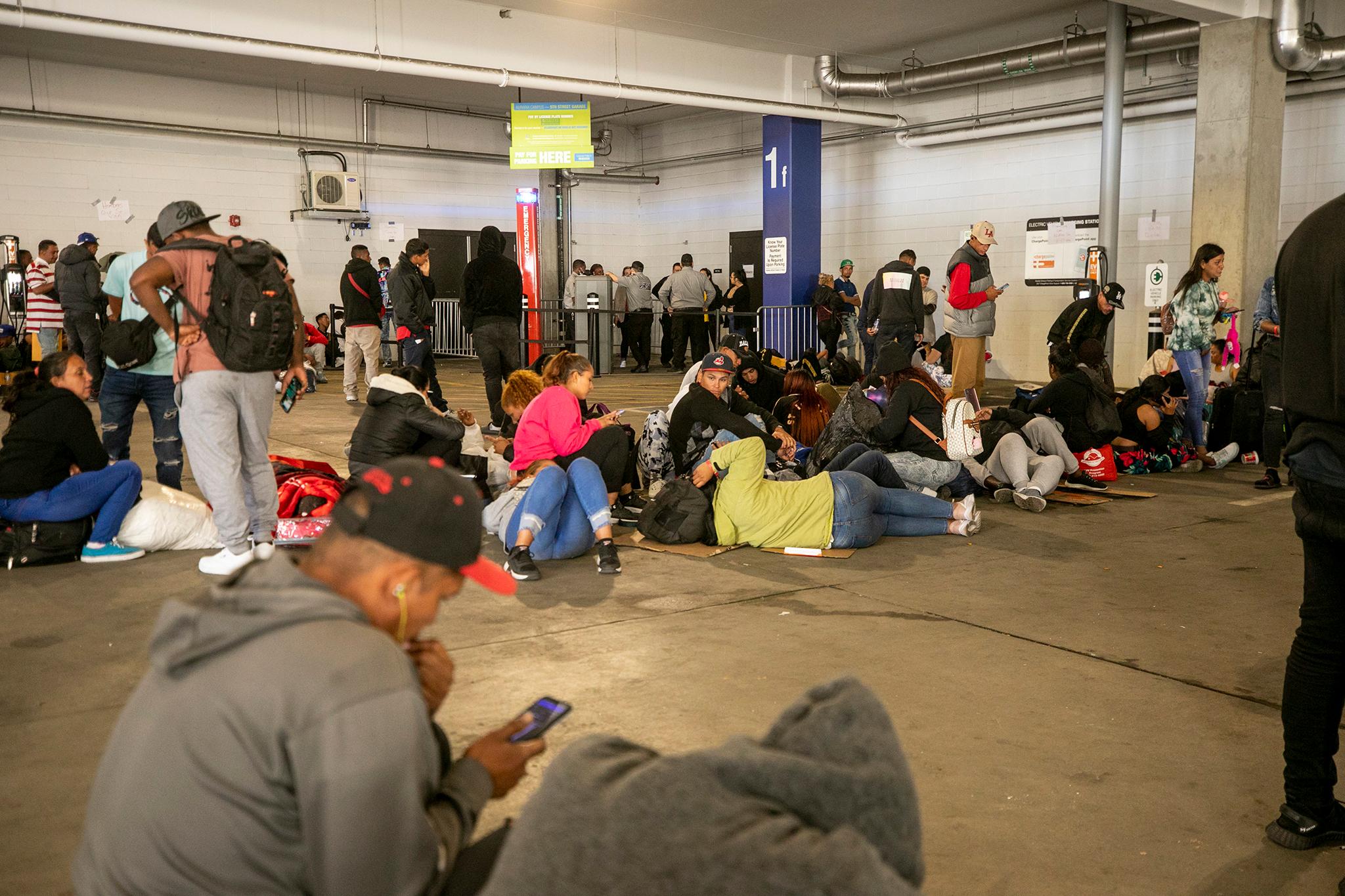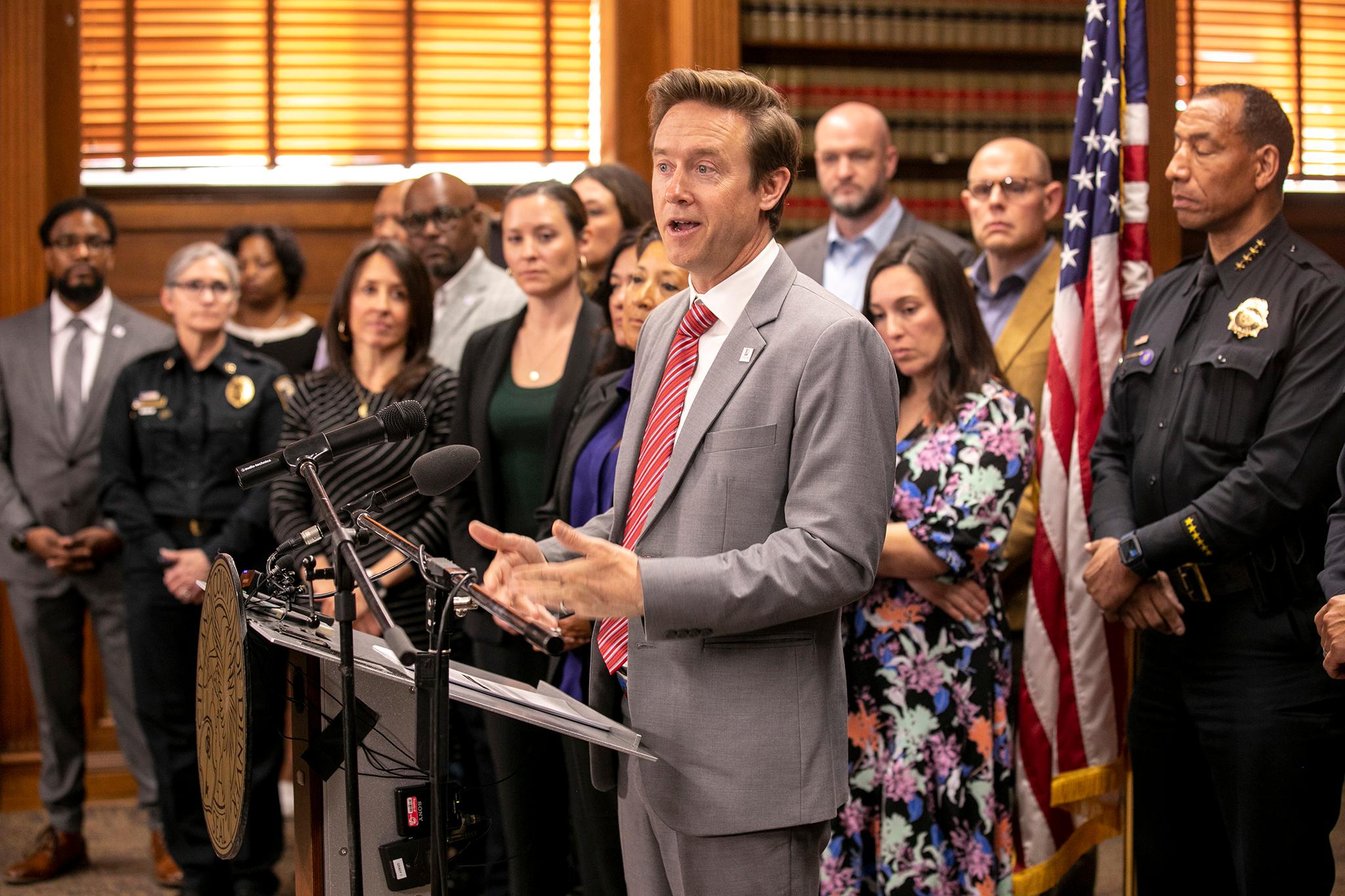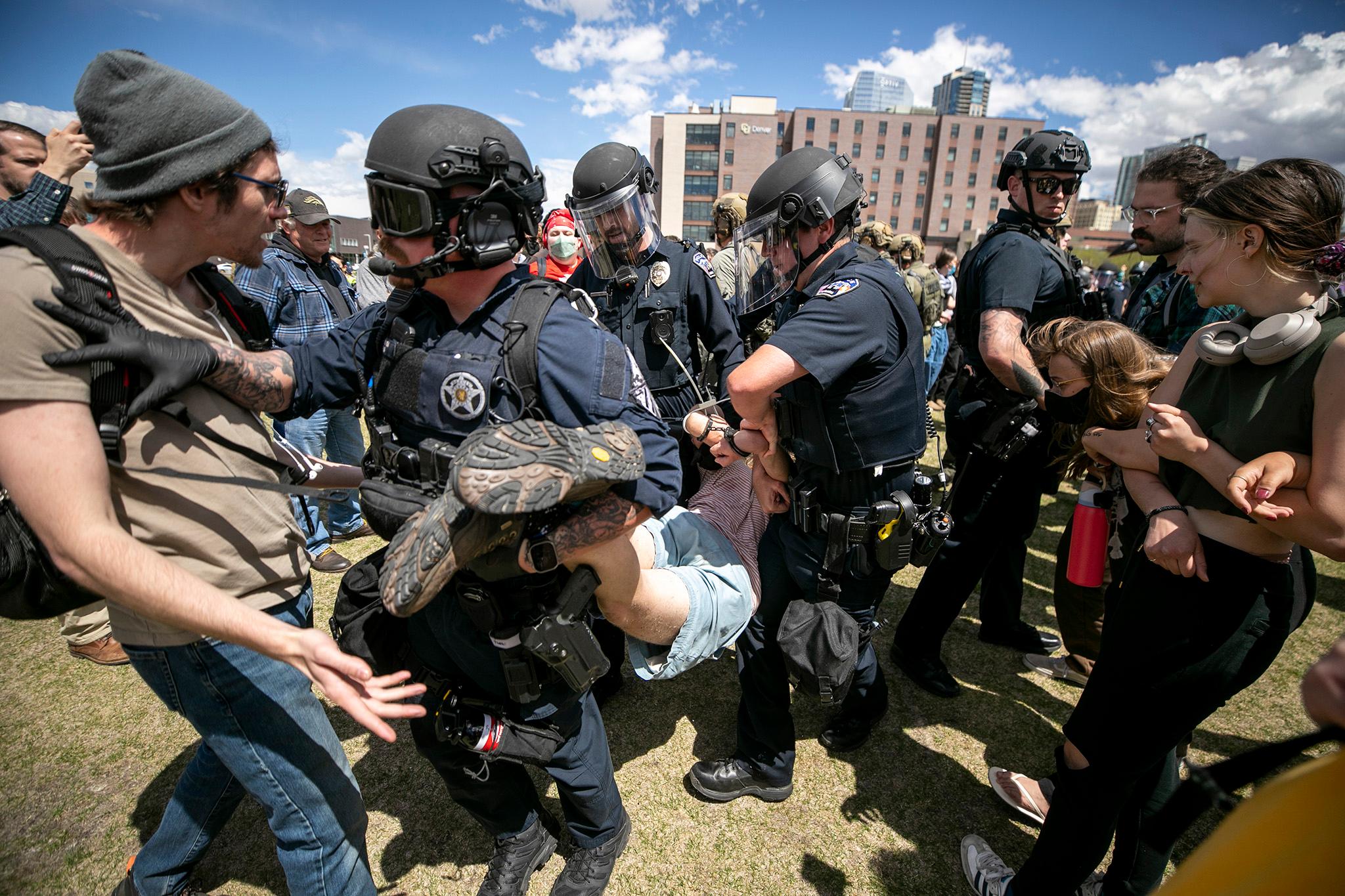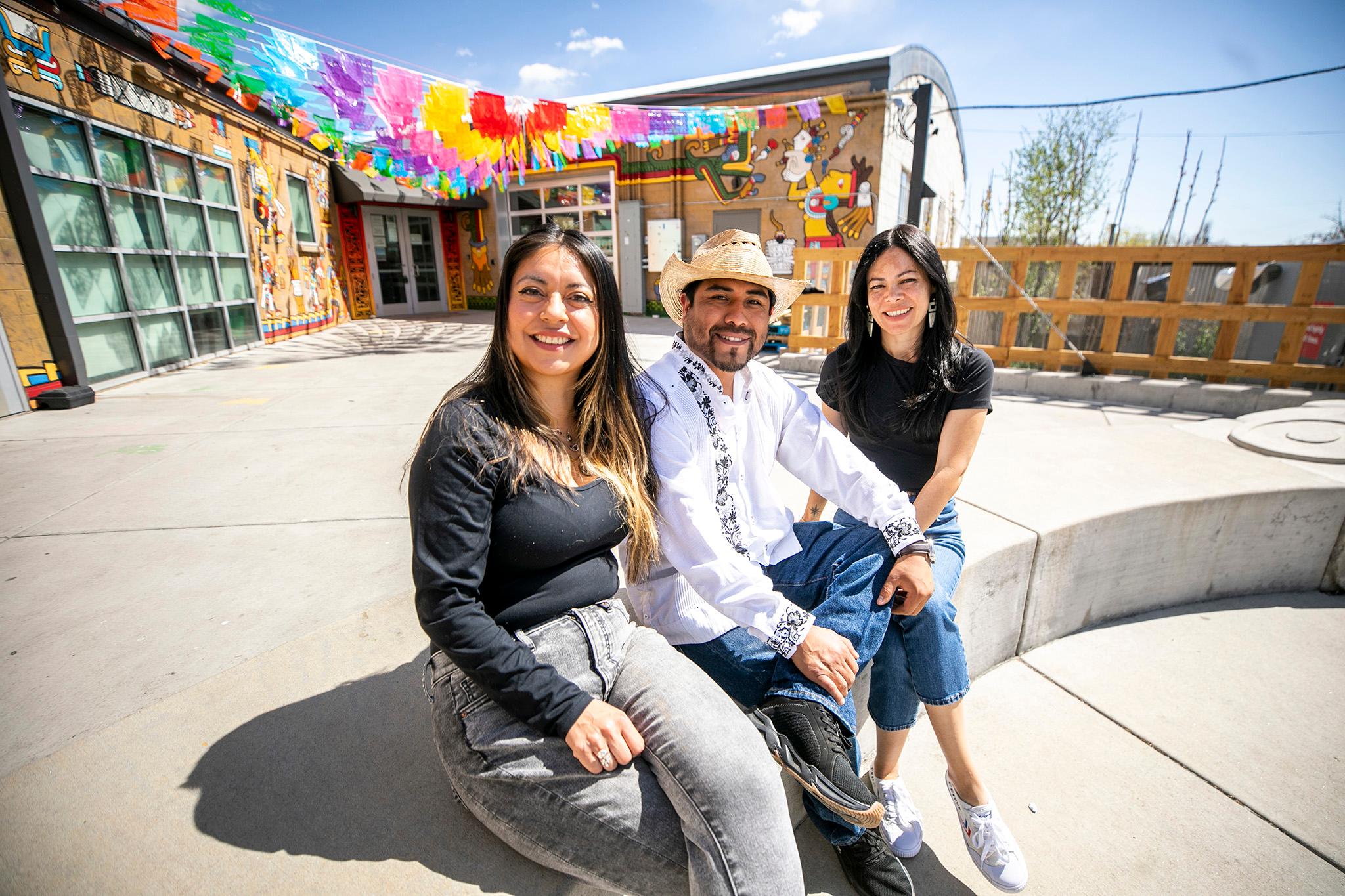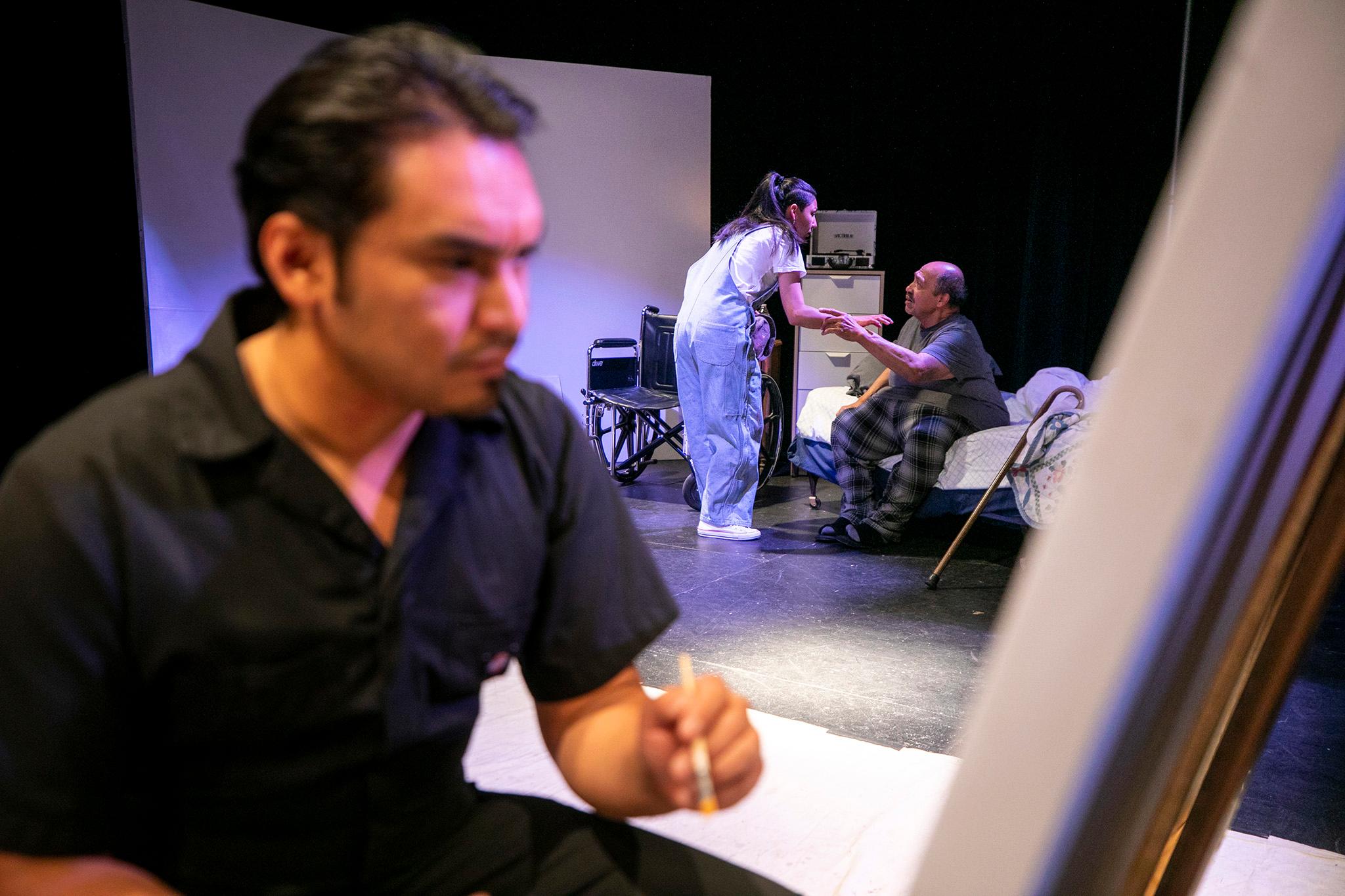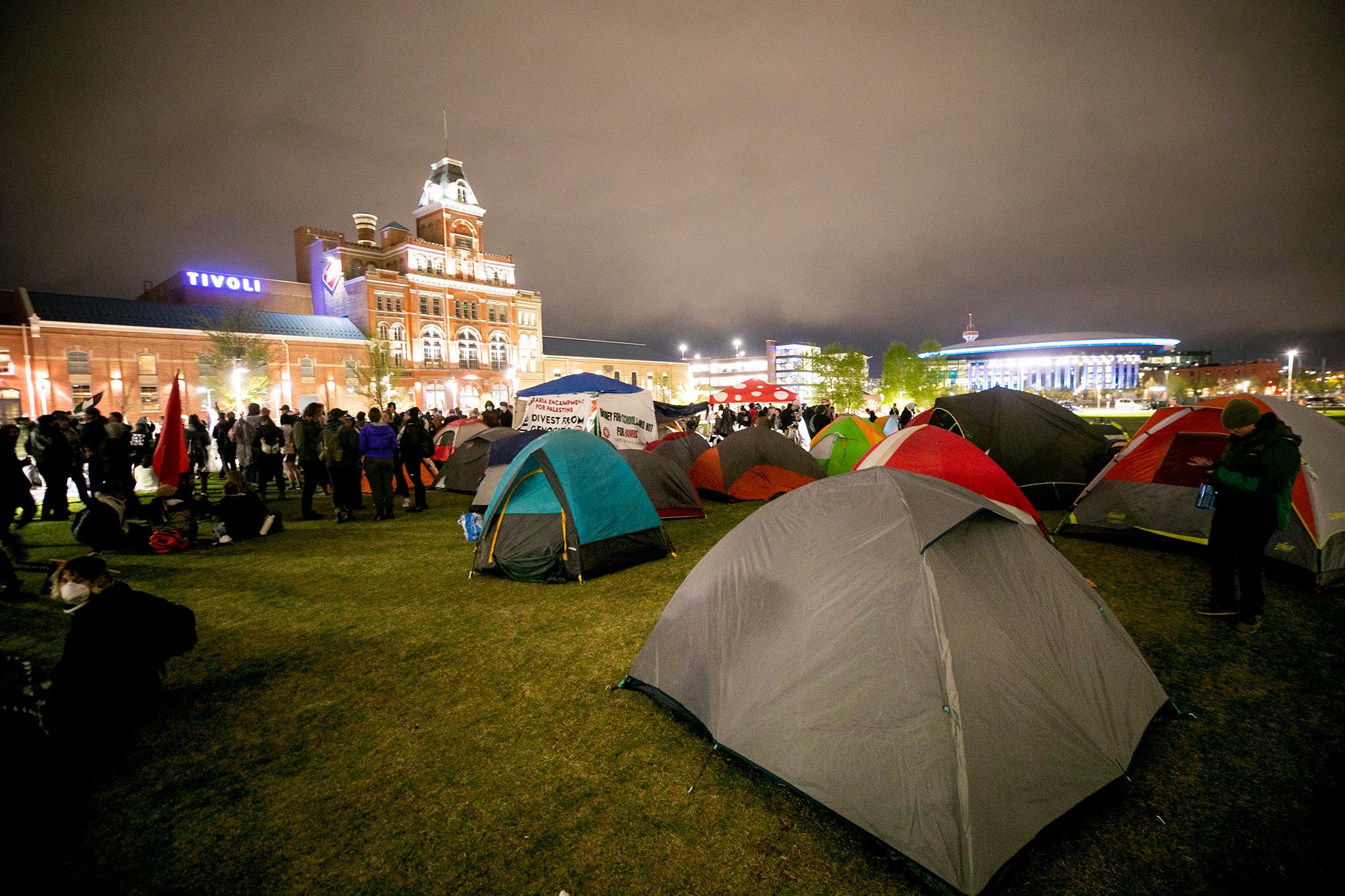Communities around the Denver metro have grappled the past year with large numbers of new immigrant arrivals - a topic that will be a focus of a city council meeting in Aurora on Monday.
The "Resolution Regarding the Transportation for Those Experiencing Homelessness and Migrants Into Aurora Without an Agreement to Address the Financial Impact and Coordination of Services," is an agenda item for its Feb. 26 city council meeting.
The resolution was co-sponsored by council members Danielle Jurinsky, a business owner who chairs the public safety and courts and civil service committees, and Steve Sundberg, who chairs the water policy committee and employs two dozen at a local family-owned bar, according to the city council website.
In a telephone interview Friday afternoon, Sundberg said the resolution stemmed from Denver recently transporting new immigrants from there to a hotel in Aurora.
"After Denver bused 400 migrants to an extended stay hotel in Aurora, that caught us off guard," said Sundberg. "It brought to us quickly the realization that we were not prepared to take on a number of migrants in our city as a city alone - not a city and county [as Denver is]."
He added that funds are not available to support new immigrants.
"The reality is that we have a fiscal responsibility and a balanced budget for our current residents, and with the current challenges we face with homelessness, we are limited." He said, if passed, the resolution will let residents know: "We have a fiscal responsibility. You really can't just bus migrants in here without having an agreement."
It might not have actionable teeth, he acknowledged.
"I believe it's more of a statement than anything, allowing our residents to know where we stand on the issue because they've been inquiring," he added. "In reality, we do not have the financial resources to care for them."
When asked what he'd like to happen to the newly arrived, Sundberg said, "I'd like the federal government to control the border rather than leave it open as it is. Bring our southern border under control, where we have legal immigration in a controlled and vetted manner. We need immigration in Colorado - we value our diverse population, but we can't be overwhelmed."
He said Aurora isn't the same as Denver, which is both a city and a county and has more resources. The capital city has helped more than 38,000 new immigrants since 2022, spending about $42 million on temporary shelters and other services.
It's an offer of services that Sundberg described as "not sustainable."
"They are cutting into recreation centers, the DMV ... what will that look like in three months from now? Is that fair? Is that compassionate? Is that humane?" questioned Sundberg.
"America is still a beacon of hope for a lot of people, but we have to be realistic and not take on more than we can," said Sundberg.
Aurora, a city of over 380,000, is considered the most diverse in Colorado with immigrants from many countries.
However, the city council voted against Aurora being deemed a sanctuary city in 2017.
"And I'd like to keep it that way," said Sundberg.
Other municipalities have been expressing views that don't contradict Sundberg's. Colorado Springs passed a resolution on Feb. 13, declaring that it is not a sanctuary city. In Lakewood, a city council meeting was attended by more people than usual earlier this month, with those in attendance voicing concerns that it does not follow in the footsteps of Denver.
Counties are also sending similar signals. Mesa County's Board of Commissioners this week unanimously passed a resolution declaring itself as a "non-sanctuary county," meaning the county won't provide shelter or other services to "uninvited migrants and/or illegal immigrants that may arrive in unincorporated Mesa County."
The reasoning offered by county commissioners was that strain on resources prevented them from offering additional assistance to new immigrants. El Paso County commissioners have also declared the area would not become a sanctuary.
So far, Aurora hasn't made the financial investment that Denver has. Instead, non-profit organizations have filled some gaps in services needed by those who have newly arrived, fleeing political dangers in their countries of origin.
Monday's city council meeting is at the Paul Tauer Aurora City Council Chamber in the Aurora Municipal Center.
